Michael R. Page, PharmD, RPh
Articles by Michael R. Page, PharmD, RPh

Several new antiepileptic drugs have recently been approved in the United States. In a symposium at the American Epilepsy Society in Seattle, Washington, Professor Martin J. Brodie, MD, director of the epilepsy unit of the Western Infirmary in Glasgow, Scotland, discussed some considerations with ezogabine and eslicarbazepine.

Mark Cook, MD, of the University of Melbourne, and Brian Litt, MD, of the Penn Epilepsy Center and the Center for Neuroengineering and Therapeutics at the University of Pennsylvania, discuss how new devices, big data, and massive online competitions are enabling prediction of seizures before they start.

S. L. Moshé, MD, of the Albert Einstein College of Medicine and Montefiore Medical Center, discusses the importance of creating disease-specific models of epilepsy in animal models for understanding and treating specific epilepsy subtypes.

The links between epilepsy and other diseases offer clues for early treatment. Frances E. Jensen, MD, past AES president and professor at Cornell Medical School, describes these links, and what they mean for future epilepsy treatment modalities.

Kristen Park, MD, assistant professor of pediatrics and neurology at the University of Colorado, discussed the potential risks and benefits of alternative therapies for epilepsy, including medical marijuana.

Treating patients with status epilepticus is a challenging balance of minimizing the risk of medication adverse events while managing the serious dangers of status epilepticus itself.

Antiepileptic medications are a broad category of drugs with many potential adverse events. In this session, Eugen Trinka, MD, MSc, reviews the most common adverse events associated with these therapies.

Understanding the recommendations of evidence-based guidelines is an important component of treating patients with therapies backed by the best available evidence.

Alcohol use is responsible for an estimated 3.5% of cancers in the United States, but affects the risk of developing some cancers more than others.

A total of 40 deaths have been recorded in the latest outbreak of bubonic and pneumonic plague in Madagascar.
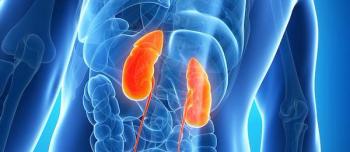
The vast majority of patients with chronic kidney disease are recommended to receive statins under current cholesterol management guidelines, but half of those patients are not taking the drugs.

Clinical practice guidelines for the diagnosis and treatment of certain types of cancer are surprisingly unstandardized.

According to researchers, chemotherapy parity laws ignore the real question of cost versus quality. At the same time, these laws promote anticompetitive practices that affect community oncologists.

Chemotherapy parity laws ignore the real question of cost versus quality. At the same time, they promote anticompetitive practices that affect community oncologists.


As one of the first areas in the field, nuclear pharmacy is a prototype of specialty pharmacy practice. Specialty Pharmacy Times reviews the history and some of the fundamentals of nuclear pharmacy.

Similar to Ebola, the Marburg virus has been traced to a natural reservoir in African fruit bats.
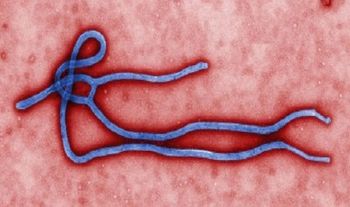
When examining the future of the Ebola virus, it is important to understand the epidemic in the context of similar outbreaks that occurred in the relatively recent past.
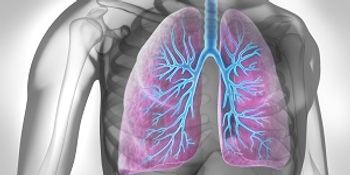
New guidelines prioritize treatment options and preventive therapies for reducing the risk of COPD exacerbations in at-risk patients.

Draft guidance by the United States Preventive Services Task Force advocates screening patients with certain risk factors for impaired glucose tolerance to delay or prevent the onset of, and long-term damage due to, T2DM.

Learn about the strains involved in the current and past epidemics, the features of the Ebola virus, information about aerosolized spread, and treatments in development.

Cyramza (ramucirumab) was approved for treatment of patients with advanced or metastatic gastric cancer or gastroesophageal junction adenocarcinoma after disease progression.

Learn about the strains involved in current and past Ebola epidemics, features of the virus, information about aerosolized spread, and treatments in development.
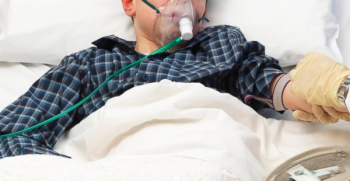
Notable outbreaks over the past 2 decades have qualified enterovirus D68 as an emerging pathogen.
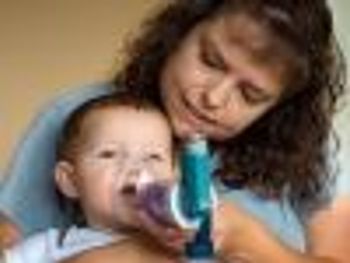
Two leading experts, Steve Oberste, PhD, chief of the Polio and Picornavirus Laboratory Branch at the Centers for Disease Control in Bethesda, MD, and Rafal Tokarz, PhD, of the Center for Infection & Immunity at the Mailman School of Public Health at Columbia University weigh in on the outbreak's source.

Updated guidelines for postoperative atrial fibrillation contain several pieces of information for pharmacists to help prevent medication errors.

In a retrospective study, investigators found that increases in total cholesterol and triglycerides were associated with an increased risk of biochemical recurrence in prostate cancer.

Researchers in Finland are learning more about how hormones influence the risk of developing breast cancer, which may lead to a hormone-based treatment to reduce the risk of developing cancer later in life.

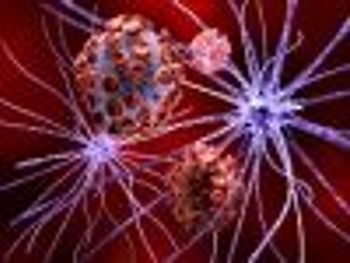
Gilead has refined the pharmacokinetics of tenofovir disoproxil fumarate (TDF), an anchor drug in several single-tablet medications for HIV-1, to create tenofovir alafenamide (TAF). Phase II results indicate superior renal outcomes and equivalent clinical outcomes with TAF versus TDF.




















